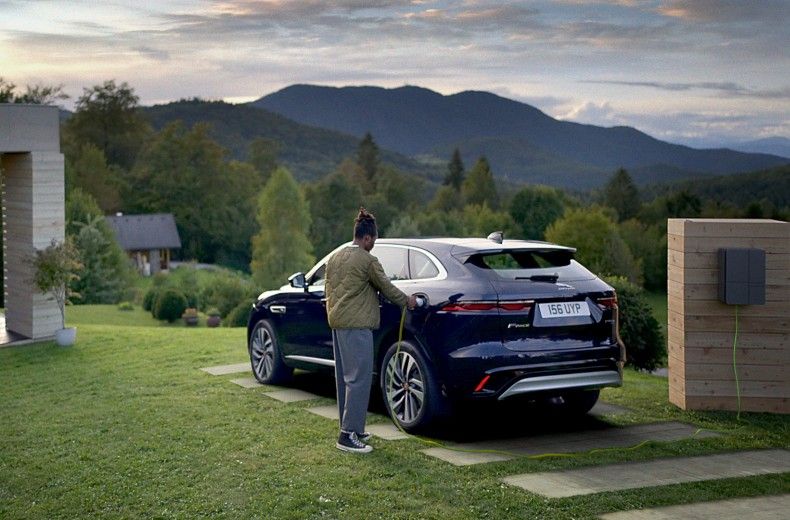The bold shift is part of a new ‘Reimagine’ strategy for the British car firm and will place it alongside Tesla as a competitor.
The electrification of Jaguar will build on the triumph of the much celebrated I-Pace SUV, which won World Green Car and World Car of the Year in 2019.
Thierry Bollore, CEO of Jaguar Land Rover (JLR), said the plan builds on the firm’s unique place in the global automotive industry, as he promised a range of “emotionally engaging designs and pioneering next-generation technologies”.
He said: “Jaguar will exist to make life extraordinary by creating dramatically beautiful automotive experiences that leave its customers feeling unique and rewarded.”
Despite earlier plans, however, a planned electric-only Jaguar XJ saloon will for now be left off the list – though the nameplate “may be retained”.

Breakdown cover from £5.29 a month for Standard cover*
• Cheaper than AA Price Promise or we’ll beat it by 20%^
• We get to most breakdowns in 60 mins or less
• Our patrols fix 4/5 breakdowns on the spot

The new direction involves consolidating its production facilities, which are spread across the Midlands. This will see car production move from JLR’s Castle Bromwich factory east of Birmingham to Solihull.
But Mr Bollore said the firm is “exploring opportunities to repurpose” the Castle Bromwich plant, leading to speculation it could be used for battery production.
Meanwhile, Land Rover will also launch six new pure electric models in the next five years and every car in its range will have an electric option by 2030, including a zero-emissions Range Rover from 2024.
With Jaguar due to become electric-only and Land Rover due to offer a number of EV variants, Bollore said “Jaguar and Land Rover will have two clear unique personalities, rooted in their rich history to give two distinct choices for customers.”
- The road to electric – in charts and data
- 2030 ban – is it worth buying an electric car now?
- Electric cars – a definitive guide and tips for buyers
Jaguar’s move follows various other manufacturers committing to phase out production of internal combustion engine vehicles (ICEV).
Bentley pledged to go fully electric by 2030 as part of its new business strategy, with its first electric model set to launch in 2025.
Adrian Hallmark, CEO of Bentley Motors Ltd, said: “This is profound change for the industry, and we want to lead that change. We’re not frightened by it, we’re inspired by it.
“The most important thing is not to just make electric cars: we’ve got to make Bentleys. We’ve got to take 100 years of Bentley DNA and put it in a modern content.”
Prior to this, plans previously announced by Volvo Cars that outlined it would ensure every Volvo launched by the firm had an electric motor, came in to action in 2019.
These plans included the introduction of electrified cars across its model range, including fully electric cars, plug in hybrid cars and mild hybrid cars, with five fully electric cars scheduled at the time to launch between 2019-this year.
Volvo also aims to have climate neutral manufacturing operations by 2025.
Get 30 driving tips that will save you money
Running a car isn’t cheap, but there are some easy things you can do to keep your costs down. Get these tips and more useful driving articles sent straight to your inbox now.












